As Chinese New Year approaches, some households stock up on pineapple tarts, others prefer nian gaos or love letters.
But if there is one food that is shared between all those who celebrate, it's Lo Hei.
We usually rely on our elders or helpful waiters to recite those lucky Chinese phrases, but what happens if the responsibility somehow falls to you?
Fret not, here is the sequence in which you should say the auspicious phrases if you are unable to remember how it should go beyond the second line.
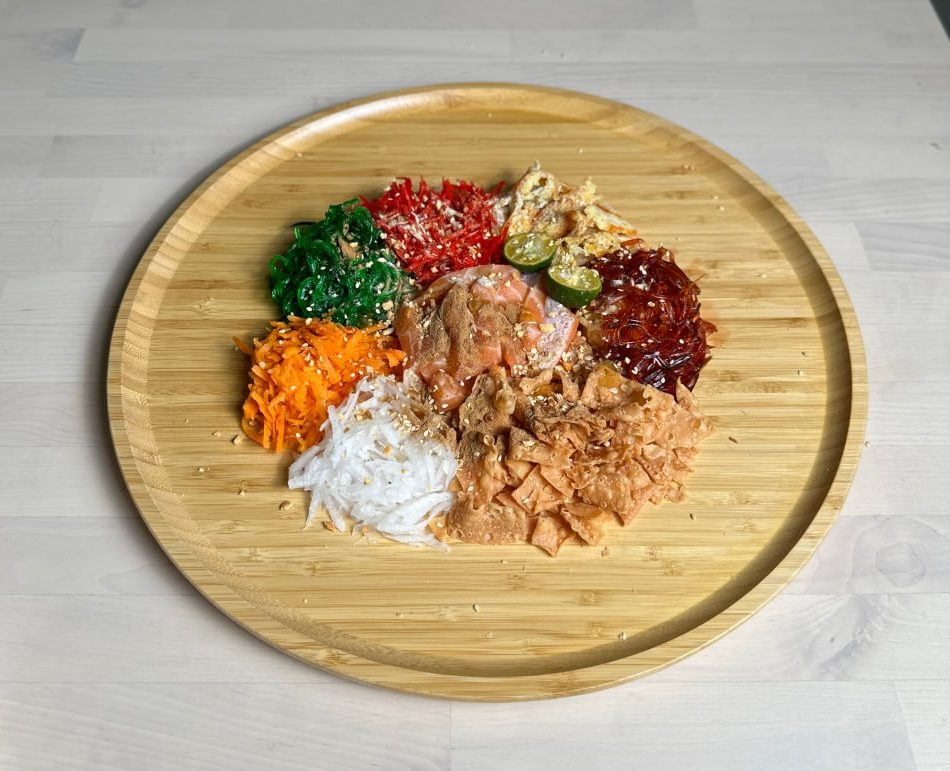 Photo by Livia Soh.
Photo by Livia Soh.
- Gong Xi Fa Cai 恭喜发财 (Offer your greetings as the yusheng is placed on the table)
What it means: May you have a prosperous New Year!
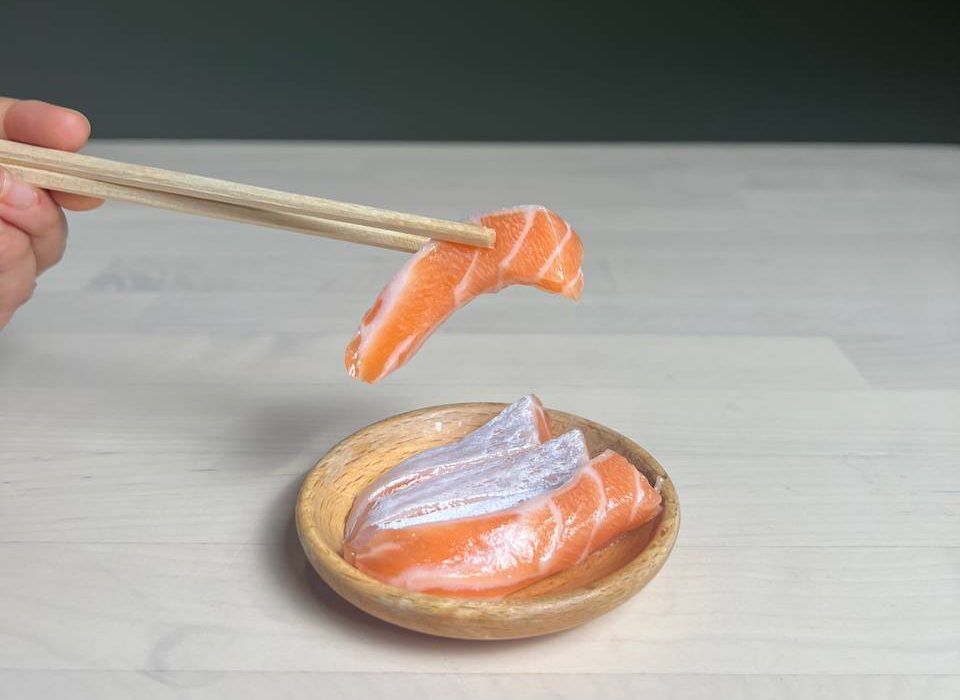 Photo by Livia Soh.
Photo by Livia Soh.
- Nian Nian You Yu 年年有余 (Whilst adding raw fish slices)
What it means: May you have abundance every year!
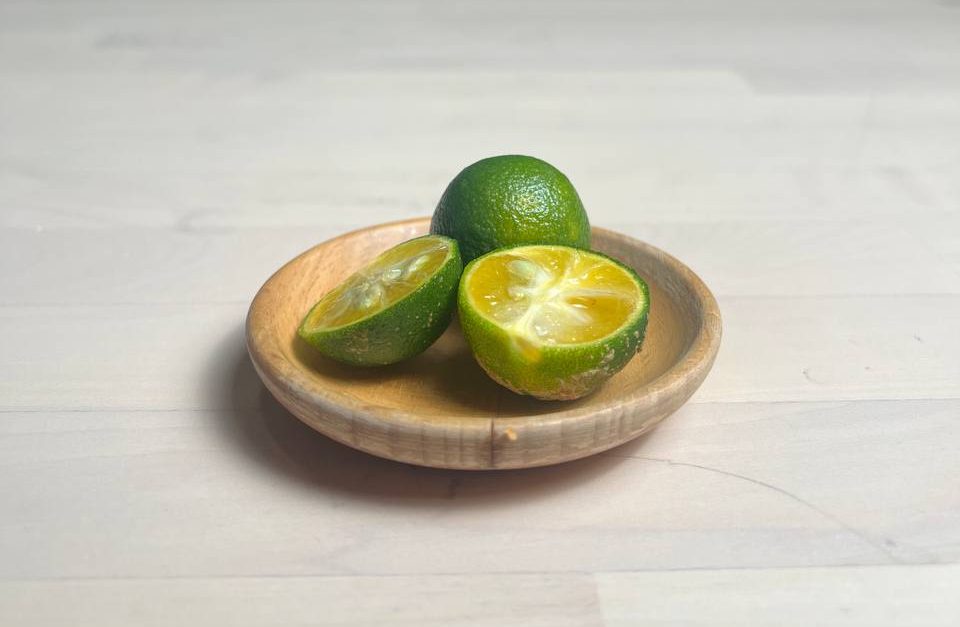 Photo by Livia Soh.
Photo by Livia Soh.
- Da Ji Da Li 大吉大利 (Whilst adding pomelo or lime)
What it means: Good luck and smooth sailing!
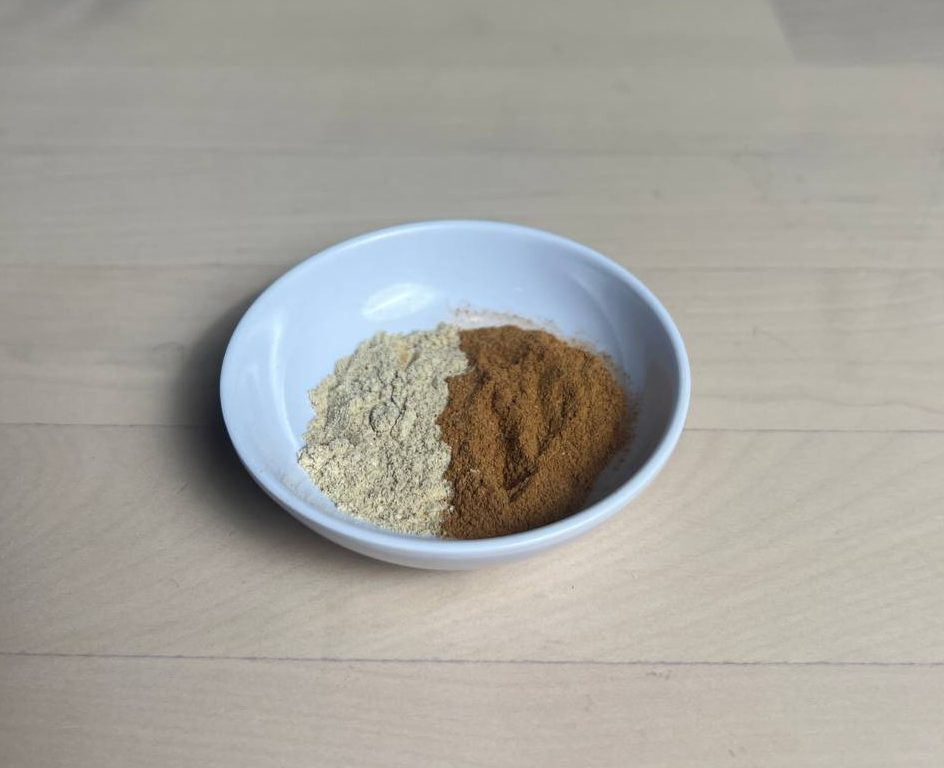 Photo by Livia Soh.
Photo by Livia Soh.
- Zhao Cai Jin Bao 招财进宝 (Whilst adding pepper and cinnamon powder)
What it means: May you attract wealth and treasures!
 Photo by Livia Soh.
Photo by Livia Soh.
- Yi Ben Wan Li 一本万利 (Whilst drizzling oil and plum sauce over the ingredients)
What it means: May your sources of wealth bring you great prosperity!
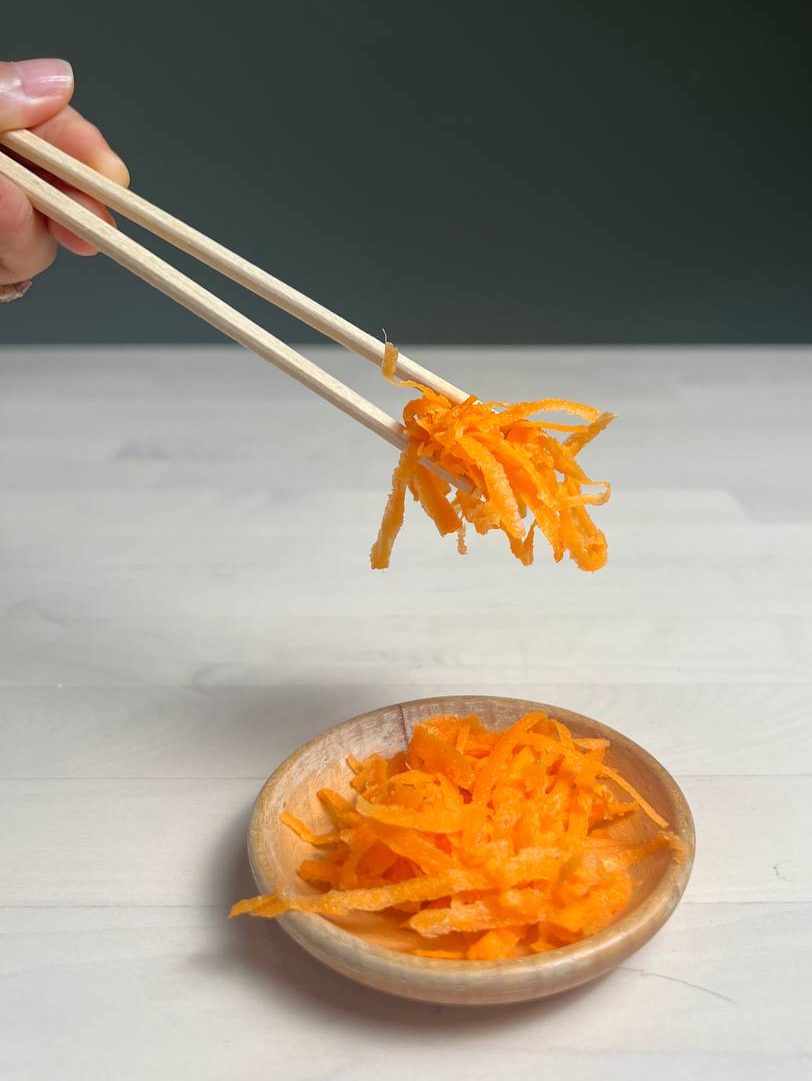 Photo by Livia Soh.
Photo by Livia Soh.
- Hong Yun Dang Tou 鸿运当头 (Whilst adding shredded carrot)
What it means: Good luck is approaching!
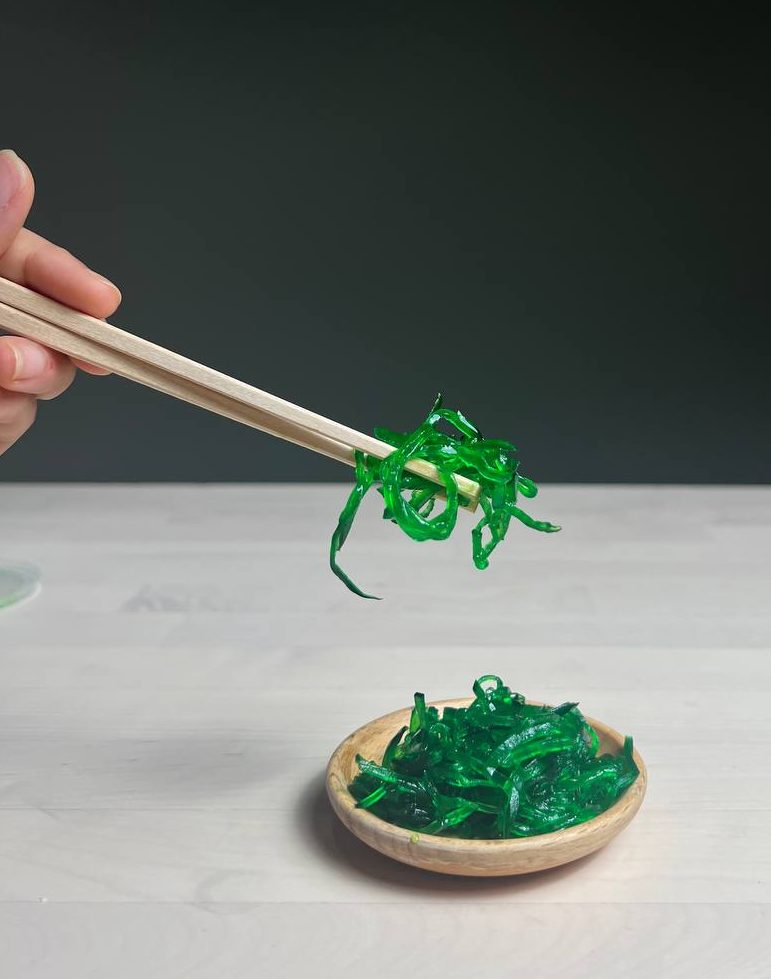 Photo by Livia Soh.
Photo by Livia Soh.
- Qing Chun Yong Zhu 青春永駐 (Whilst adding shredded green radish)
What it means: May you remain forever youthful!
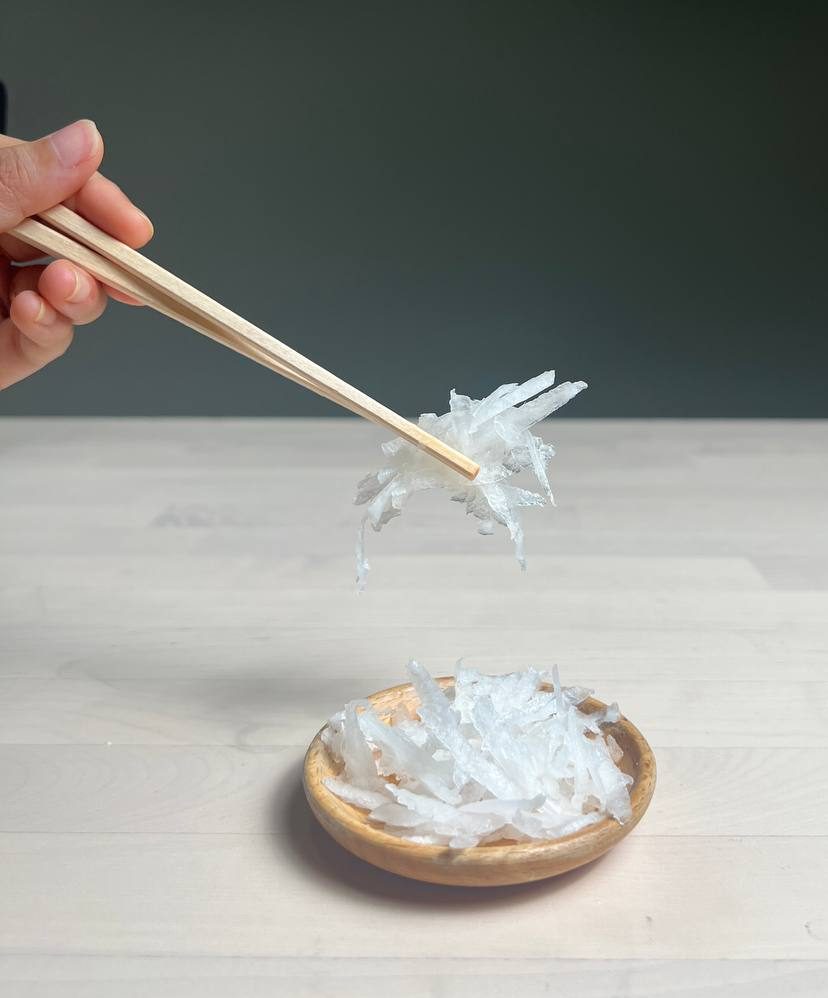 Photo by Livia Soh.
Photo by Livia Soh.
- Feng Sheng Shui Qi 风生水起 (Whilst adding shredded white radish)
What it means: May you progress quickly!
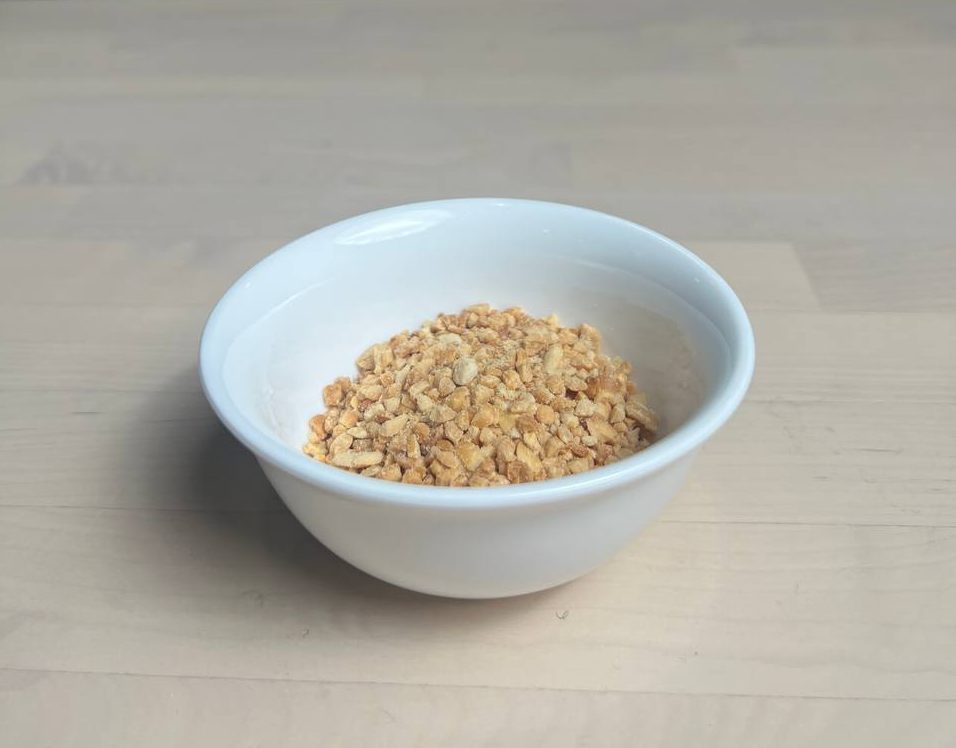 Photo by Livia Soh.
Photo by Livia Soh.
- Jin Yin Man Wu 金银满屋 (Whilst sprinkling over crushed peanuts)
What it means: May your house be filled with gold and silver!
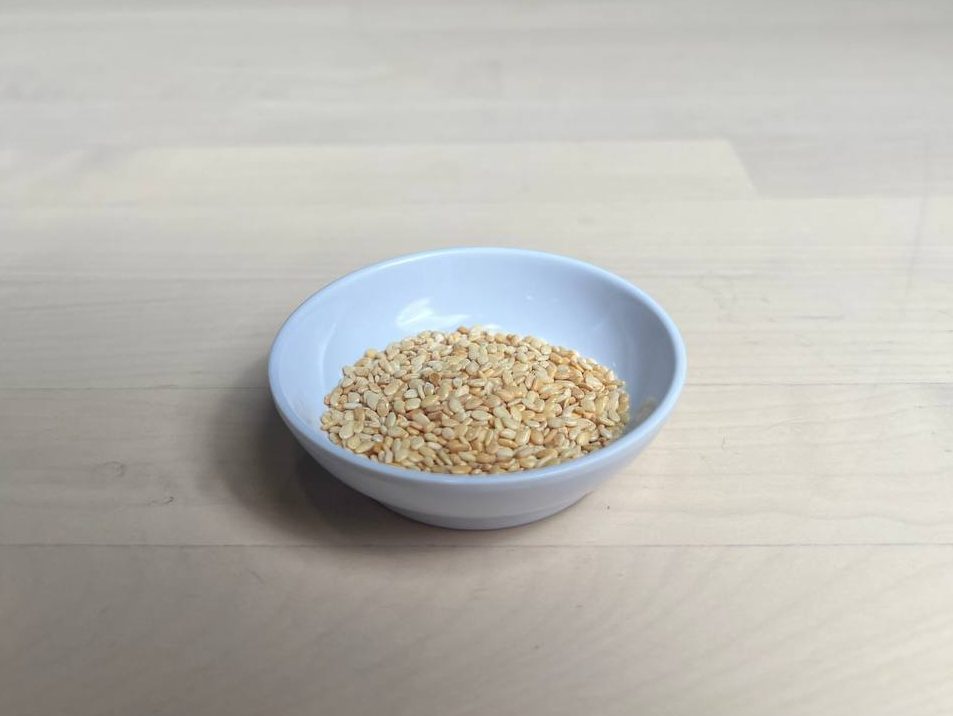 Photo by Livia Soh.
Photo by Livia Soh.
- Sheng Yi Xing Long 生意兴隆 (Whilst sprinkling sesame seeds)
What it means: May your business prosper!
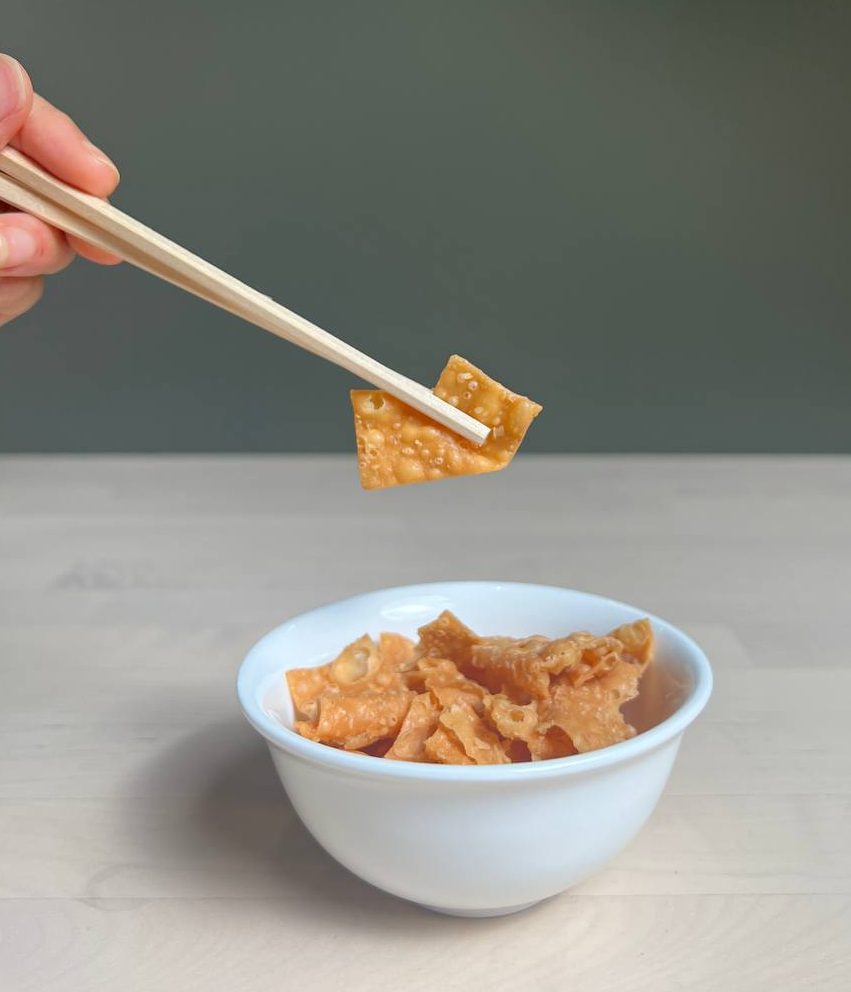 Photo by Livia Soh.
Photo by Livia Soh.
- Man Di Huang Jin 满地黄金 (Whilst adding deep-fried pillow crisps)
What it means: May your floor be covered in gold!’
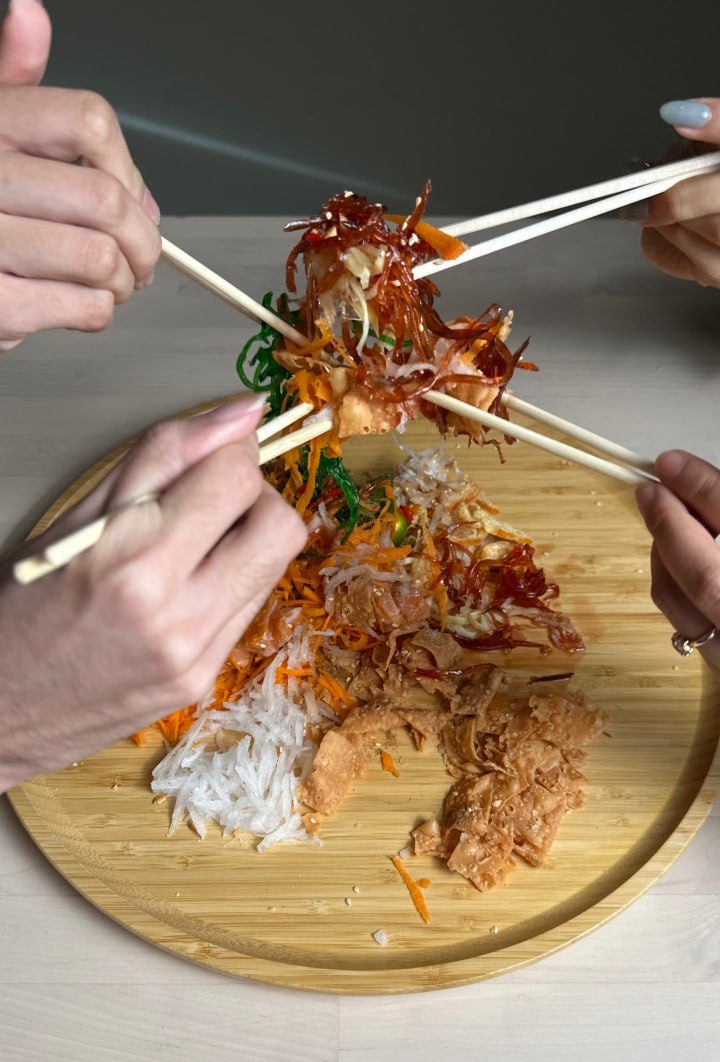 Photo by Livia Soh.
Photo by Livia Soh.
- Lo Hei 捞起 (Diners stand and proceed to toss the ingredients as high as possible with chopsticks)
What it means: Let’s toss up good fortune!
If you like what you read, follow us on Facebook, Instagram, Twitter and Telegram to get the latest updates.



